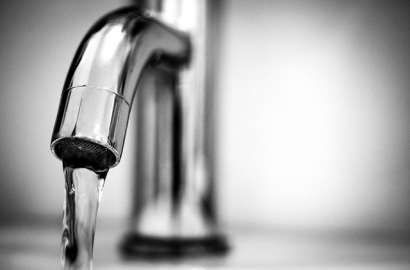
Heat pumps generally last for 12-14 years, which means that by 2035 all water heaters currently in use will likely need to be replaced. By choosing cleaner, more energy efficient HPWHs, U.S. households would save nearly 100 million tons of carbon emissions and enough energy to power 25 million homes each year. The AWHI is a collaboration of building industry entities, including utilities, state and local governments, efficiency programs, manufacturers, wholesalers, retailers, installers, and building industry professionals who are coordinating on policies, driving demand, and educating the supply chain.
"We are looking to phase out inefficient water heating products and replace them with clean, efficient heat pump models over the next 10 years," said Smita Gupta, Director of Building Innovation at New Buildings Institute (NBI).
The transition to HPWHs means training opportunities and job creation for installers and workers along the supply chain. This transition is already happening on the West Coast where a regional version of the AWHI effort has been in place since 2019 when it was launched by NBI and the Building Decarbonization Coalition.
HPWHs use electricity to move heat from one place to another, operating like a refrigerator in reverse. An additional benefit of HPWHs is that they offer grid connectivity for demand response, meaning the equipment can communicate with the electric grid to manage energy use and shift the times it uses energy to periods during the day when demand (and the carbon intensity of the grid) is lower. The benefits of heat pump water heaters can be delivered equitably to all households regardless of zip code.
Heat pump water heater technology offers many benefits, but there are barriers to widespread adoption that AWHI is working to overcome. While the technology is cheaper to install in new all-electric construction projects, there can be a higher first cost in existing buildings. And, as with commercializing all technologies, there is lower consumer awareness about the benefits of these products, lack of installer experience, and a patchwork of uncoordinated programs and policies around the country. Addressing these barriers requires the AWHI's efforts on a national scale.
"With the number of wildfires and serious storms growing every year, we cannot afford to wait. AWHI lands at a critical juncture of our climate change and economic recovery challenges," said Andrew McAllister, California Energy Commissioner. "Not only can we help decarbonize buildings with heat pump water heaters, but we will also help develop a U.S. workforce to manufacture and install these products, creating good paying jobs to get it done."

